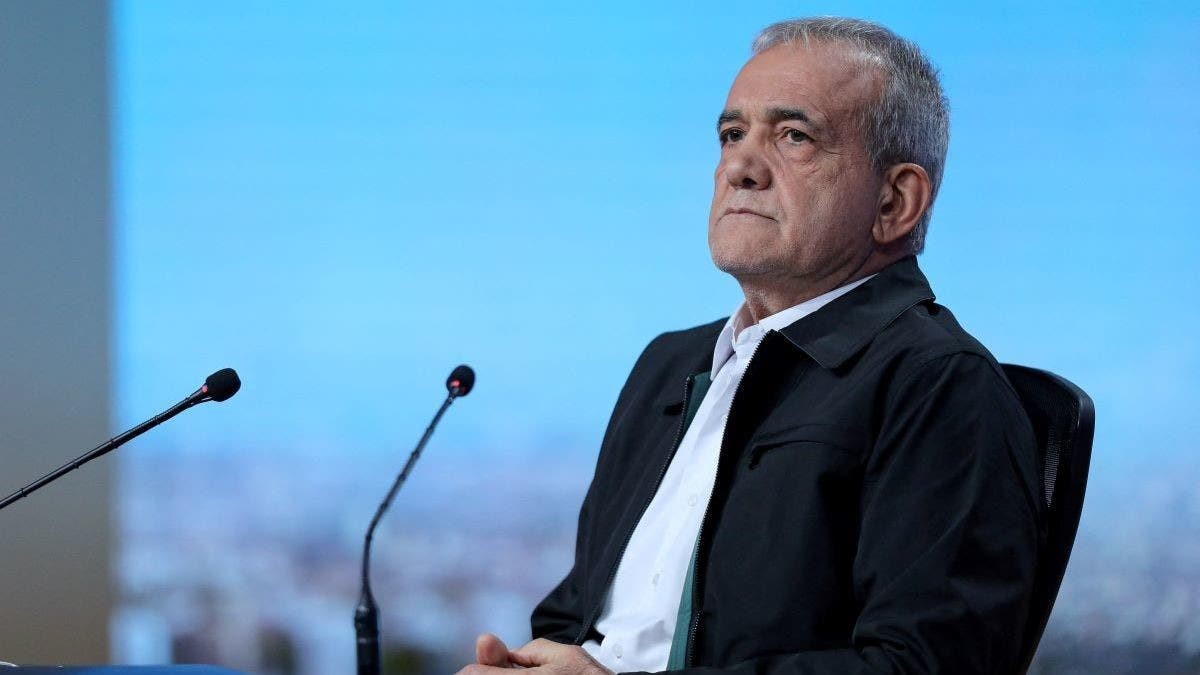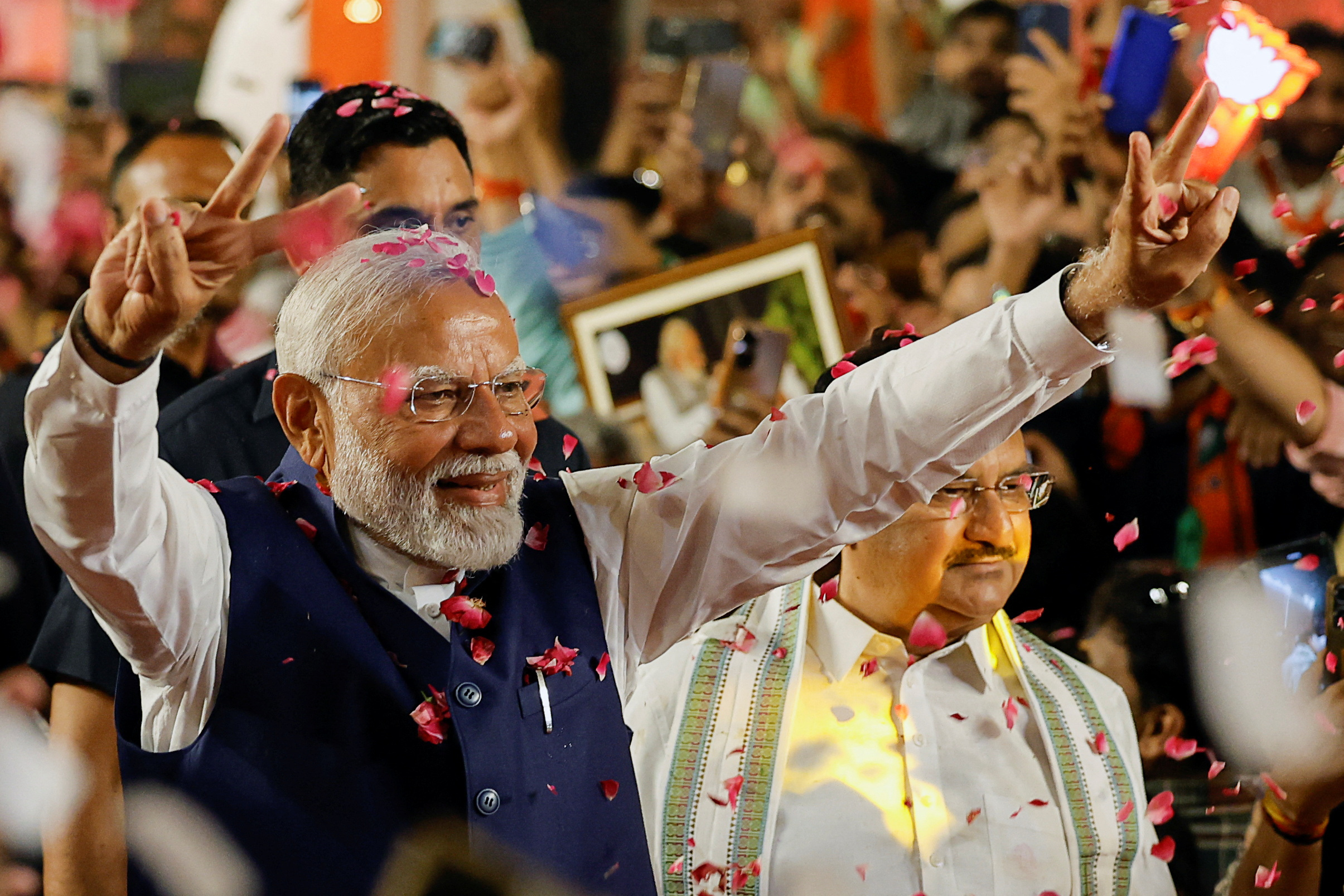Portugal is a country located on the Iberian Peninsula in southwestern Europe. Here is some information about the political system in Portugal:
- Republic: Portugal operates as a semi-presidential republic, where the President of Portugal serves as the head of state, and the Prime Minister is the head of government. The President is elected by popular vote for a five-year term and can serve a maximum of two consecutive terms.
- Executive Branch: The President of Portugal has primarily ceremonial duties and represents the country both domestically and internationally. The President appoints the Prime Minister, who is responsible for the administration of the government and the implementation of policies.
- Legislative Branch: The Assembly of the Republic (Assembleia da República) is the country’s unicameral legislative body. It consists of 230 members known as Deputies, who are elected through a proportional representation system for a four-year term. The Assembly of the Republic is responsible for enacting laws, approving the national budget, and exercising legislative powers.
- Political Parties: Portugal has a multi-party system, with several political parties participating in elections. Some of the major political parties in Portugal include the Socialist Party (Partido Socialista), the Social Democratic Party (Partido Social Democrata), and the Left Bloc (Bloco de Esquerda), among others.
- Judiciary: The judiciary in Portugal is independent of the executive and legislative branches. The Supreme Court of Justice is the highest judicial authority in the country. It is responsible for interpreting the laws, ensuring the constitutionality of legislation, and overseeing the administration of justice.
- Local Governments: Portugal has a decentralized system of governance, with local governments at the municipality (município) level. Municipalities have certain administrative and governance powers within their respective jurisdictions.



